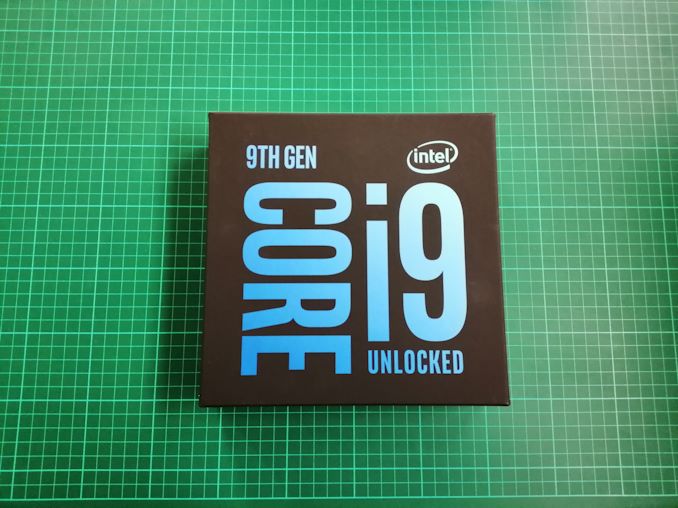Phoronix: Intel Core i9 9900K Linux Benchmarks - 15-Way Intel/AMD Comparison On Ubuntu 18.10
Intel sent over the Core i9 9900K as their first 9th Gen Coffeelake-S CPU hitting store shelves today. With the embargo on that now expired, let's have a look at how well this eight-core / sixteen-thread processor performs under Linux.
Intel sent over the Core i9 9900K as their first 9th Gen Coffeelake-S CPU hitting store shelves today. With the embargo on that now expired, let's have a look at how well this eight-core / sixteen-thread processor performs under Linux.

 DD that last page. And to this day, I have to argue with people about the energy inefficiency of AMD CPUs.
DD that last page. And to this day, I have to argue with people about the energy inefficiency of AMD CPUs.
Comment